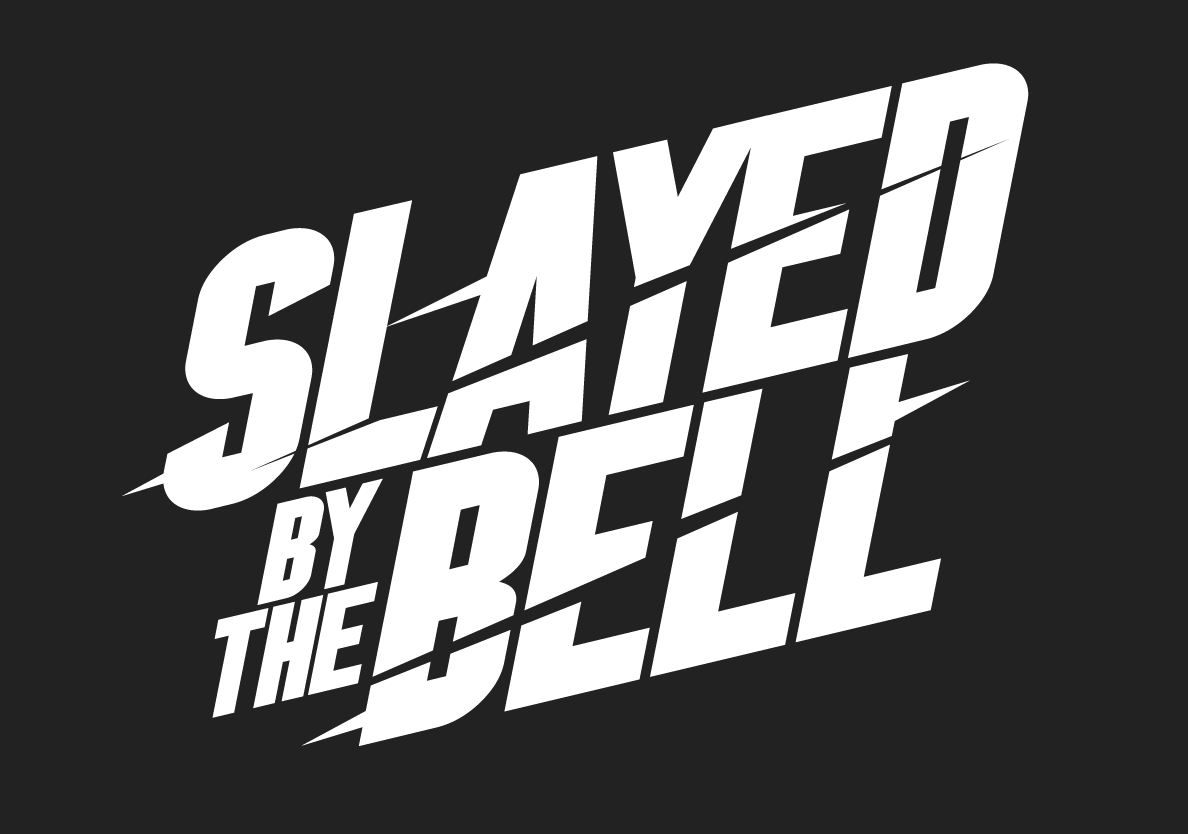Turning Water into Wine
At this time of year, teachers often find themselves in a modern-day parable akin to Jesus with his baguette and tin of Aldi sardines. Just as Jesus performed a miracle to feed the masses, teachers are expected to perform similarly, magically elevating students’ grades to meet the student’s target. Yet, behind this show of divine intervention lies the devil: the guilt-laden question that pursues teachers – “What can we do to get their grade up?” NEWSFLASH: if you have ever said this phrase, then 1. you are a fucking dick and 2. you are part of the fucking problem within education.
Problem
Schools, driven by performance measures and target grades, place undue pressure on teachers to magically elevate students’ grades, regardless of the student’s efforts or abilities. This guilt-tripping manoeuvre not only undermines the integrity of education but also creates a toxic environment where unrealistic expectations plague us, simply to maintain the illusion of success. And fucking hell, the question should not be “What can we do”, the question should be “What can they (the student) do”.
Causes
At its core lies a culture of blind faith in metrics and numbers, where grades are worshipped like idols and teachers are expected/pressured to perform miracles on command. Add to this a sprinkle of administrative pressure and a dash of parental entitlement, and you’ve got a recipe for an Old Testament-like disaster. It’s a toxic brew that leaves us feeling like modern-day messiahs, tasked with turning water into wine and even raising the dead. Moreover, those in positions of leadership who echo the phrase “what can we do to improve their grade” often reveal their weakness, succumbing to pressures from above and perpetuating unrealistic expectations without regard for reason. Their willingness to tow the party line perpetuates this cycle of unreasonable demands, further exacerbating the strain on teachers. Their moral compass is fucked, they should be fighting for their team, not for the Herods and Pilates of the system.
‘I’m sparring with the same demons that have been known to eat the sun I’ve learned to deal, needling vices with where the weedle meets the thumb’
Jean Grae – casebasket
Effects
The repercussions of this toxic attitude are severe, as both students and teachers grapple with unattainable targets and coercive pressures. Students, weighed down by these expectations, undergo a crisis of confidence reminiscent of wandering disciples in a desert, desperately seeking clarity amidst a confusing array of grades and assessments. While some students see their academic performance falter and their well-being suffer under mounting stress and anxiety, others simply disengage, apathetic to the additional workload. Meanwhile, teachers, coerced and bullied into interventions to meet the school’s demands, face significant strain on their mental and emotional well-being. As they navigate this exhausting cycle, emerging unscathed would indeed be miraculous for both students and teachers alike. This grim reality serves as yet another poignant reminder of the exodus 14:21-22 of teachers from the profession.
Solutions
Escaping this cycle of guilt and unrealistic expectations requires a change of biblical proportions. Schools must repent of their obsession with grades and embrace a more holistic approach to education, one that values personal growth over bullshit (forgive me Father) numerical success. Teachers must resist the pressure to intervene and resist the expectation of working longer hours or engaging in futile tasks like chasing up parents and students to extract more work from reluctant or apathetic individuals. It’s imperative to recognise that students must be allowed to experience failure as part of their learning. By shielding them from the consequences of laziness, we deprive them of the opportunity to learn resilience and accountability. Instead, teachers should focus on providing support and guidance to those who genuinely seek it. This stance not only preserves teachers’ well-being but also upholds the integrity of education by prioritising meaningful engagement over superficial success.
Conclusion
As educators, we are called to be the shepherds of our students’ minds, guiding them with wisdom and compassion. My child, let us cast off the shackles of guilt and unrealistic expectations and embrace our true purpose: to inspire, enlighten, and empower. Like Jesus feeding the multitude, let us perform miracles of learning and transformation, not through divine intervention, but through dedication, passion, and a commitment to excellence. The time for change is now. Let us rise to the occasion and lead our students to a brighter future. Amen.
